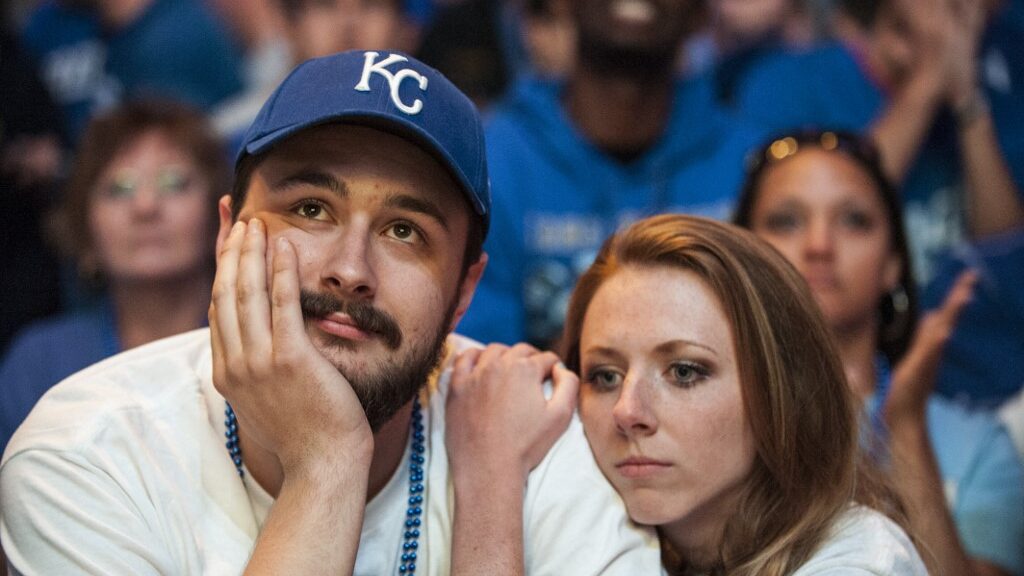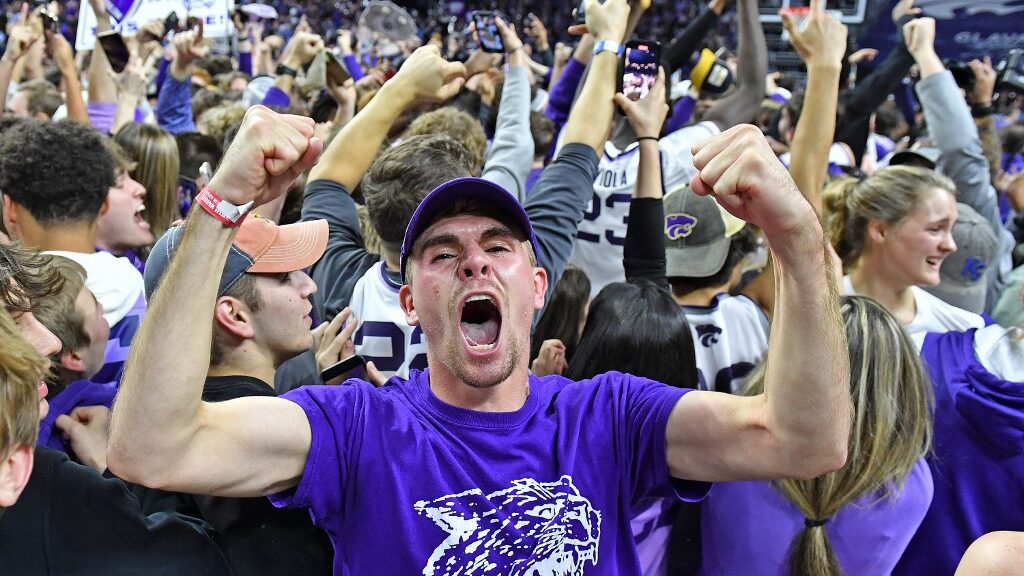
The question of whether mobile sports betting will be allowed in Missouri will be answered on November’s ballot. However, one gaming operator, Caesars Entertainment, has recently poured $4 million into a political action committee campaigning against retail and digital sports betting in the Show Me State.
Sports Betting Showdown
The battle lines have been drawn. Winning for Missouri Education is a political action committee (PAC) formed by Missouri’s six professional sports teams. This includes the St. Louis Cardinals, St. Louis Blues, Kansas City Chiefs, Kansas Royals, Kansas City Current and St. Louis City FC. All six will benefit financially should sports betting come to Missouri. They will all have the opportunity to partner with and profit from licensed sports betting operators. Of course, other interested parties, particularly the two industry leaders FanDuel and DraftKings, have donated a combined $10 million to the cause.
On the other side is an opposing PAC, Missourians Against the Deceptive Online Gambling Amendment. They created it to oppose online sports betting and have called out their cleverly named opponent. If lawmakers pass sports betting, Missouri will direct the vast majority of taxes collected on sportsbook revenues toward its education system. “Amendment 2 is a bad deal for Missouri,” Brooke Foster, a spokesperson for Missourians Against the Deceptive Online Gambling, said in a statement. “This deceptive measure was written by and for the financial benefit of its out-of-state corporate sponsors and funders.”
Winning for Missouri Education formed on January 4th after filing paperwork with the Missouri Ethics Commission. However, Missourians Against the Deceptive Online Gambling hastily formed and didn’t launch until September 10th. Therefore, the pro-sports betting forces enjoy a big head start, but they now face a determined foe. Yet, time is running out, and as November 5th approaches, both sides will be campaigning heavily to get the word out to convince voters that their side is the right side.
Caesars’ Curious Opposition
Caesars Entertainment recently donated $4 million to Missourians Against the Deceptive Online Gambling. This is a PAC that, on the surface, appears to be antithetical to its best interests. However, a deeper dive into Missouri’s sports betting legislation reveals why the Las Vegas gaming icon has spent millions contributing to its demise.
Land-based casino operators in Missouri will each get one skin, which is essentially a license that mobile sports betting platforms will need to access to gain entrance into the market. This provides incentives for the casinos to get a piece of the mobile sports betting action. Again, on the surface, this would seem to benefit Caesars, but under normal sports betting legislation, each casino that an operator owns would get its own separate and distinct skin. Caesars owns and operates three casinos, more than any other operator in Missouri, which means instead of getting three skins, Caesars is only getting one under the current legislation.
Untethered and Unstoppable
However, there is another aspect of the legislation that is concerning to Caesars. All mobile sports betting operators will need to be tethered to either a land-based casino or a professional sports franchise. This is standard operating procedure in most markets. However, Missouri will also offer two untethered licenses. You can bet that the two industry powerhouses, FanDuel and DraftKings, will secure those licenses.
This means neither FanDuel nor DraftKings will have to share a cut of their profits with anyone but the state, as will the rest of the operators. Missouri will tax mobile sportsbooks at a 10% rate on its adjusted gross revenues.
Recent polls show that Missourians favor sports betting. Passing it requires only a simple majority to make it widely available. Should it pass, Caesars will ultimately be a player in the state’s nascent mobile gaming industry. However, it would rather wait for more advantageous legislation to manifest.

















